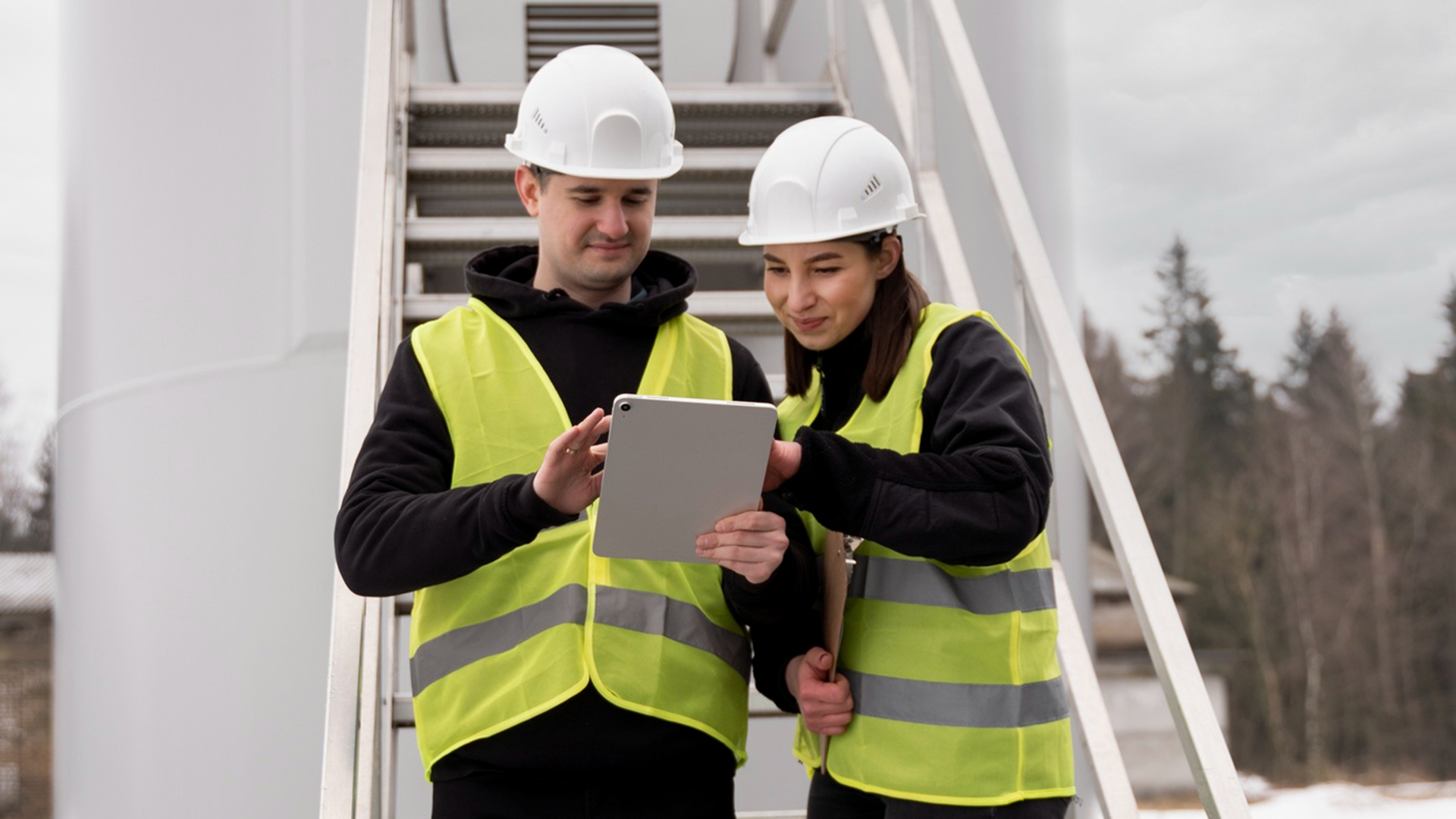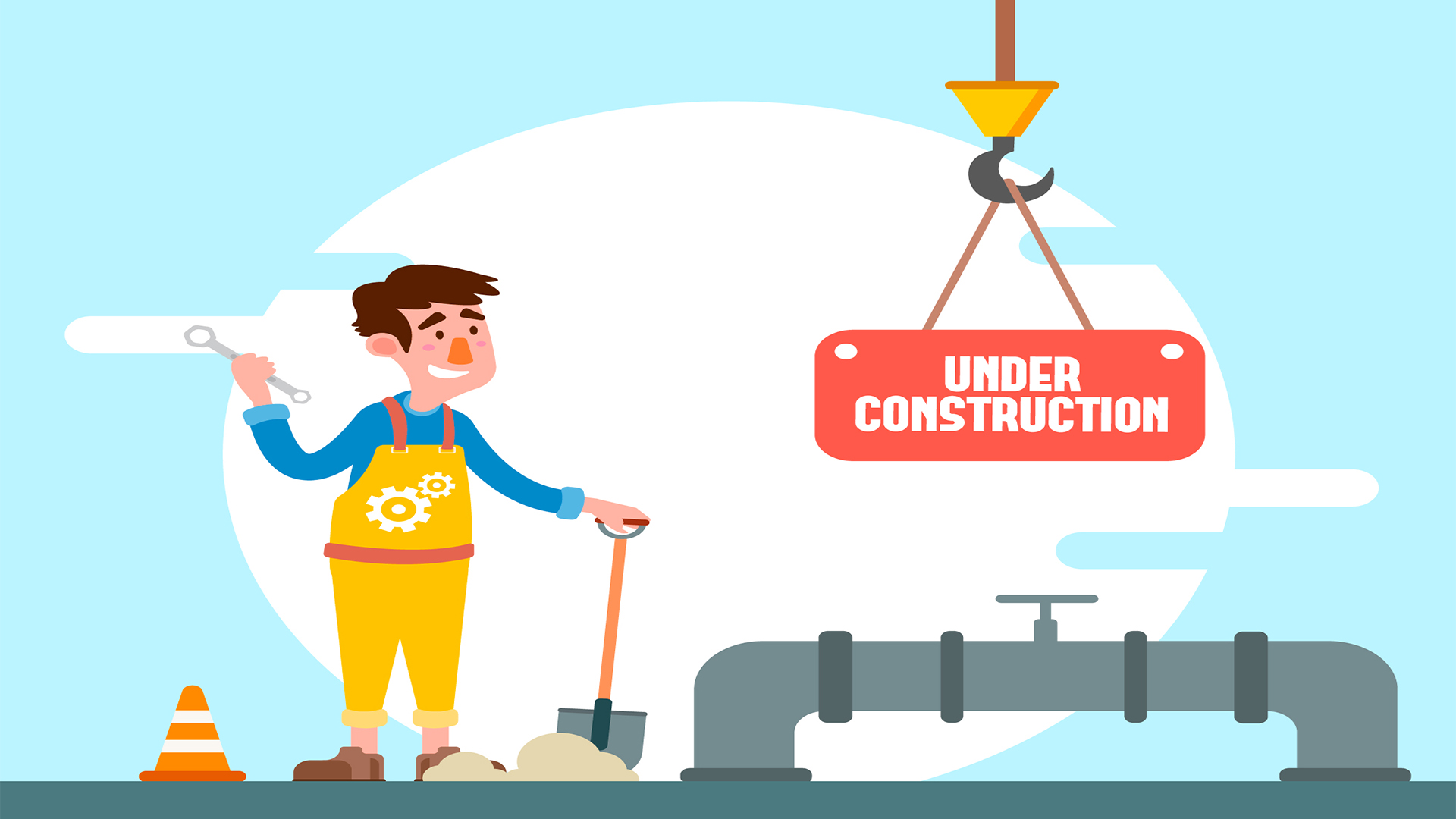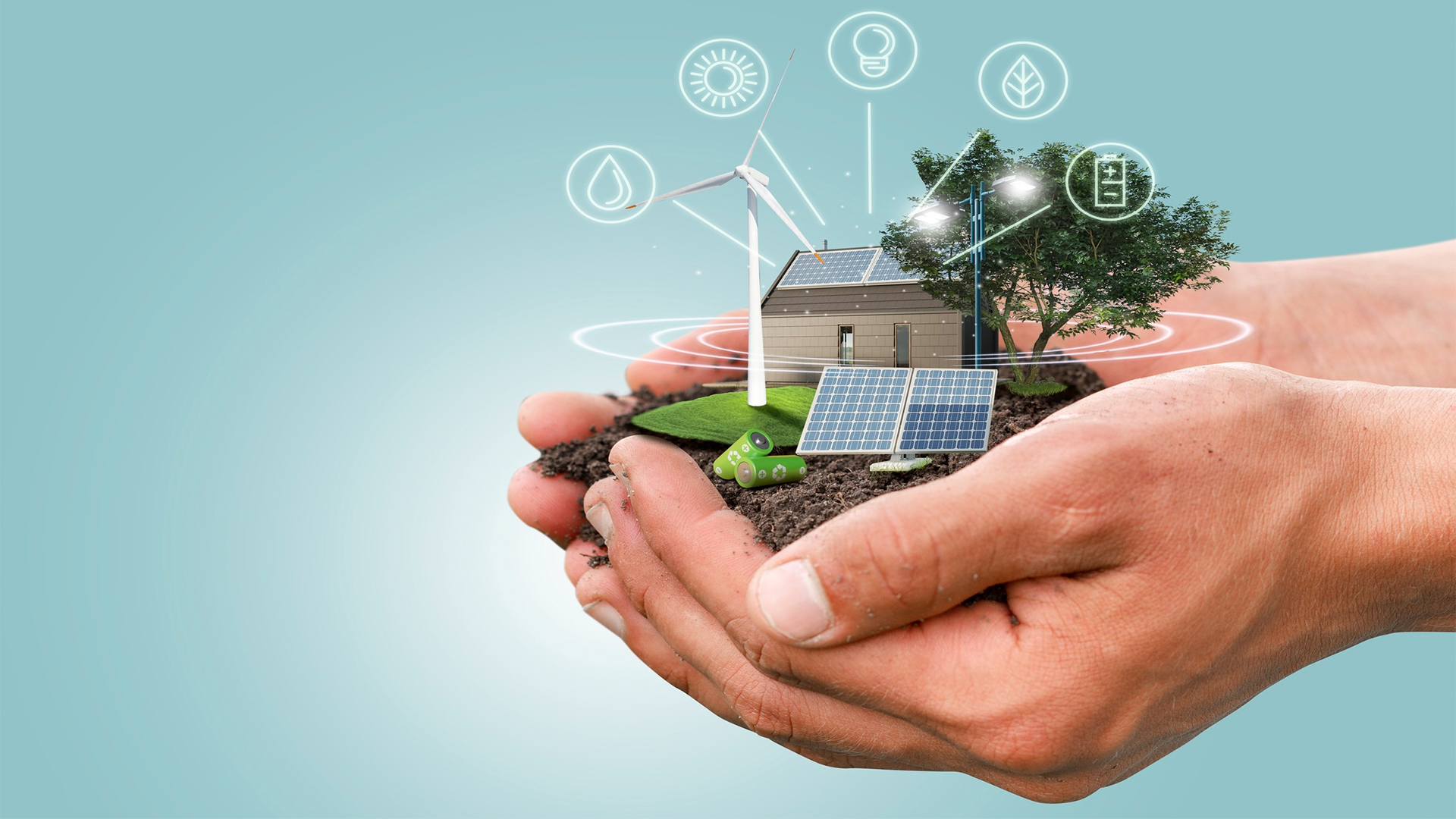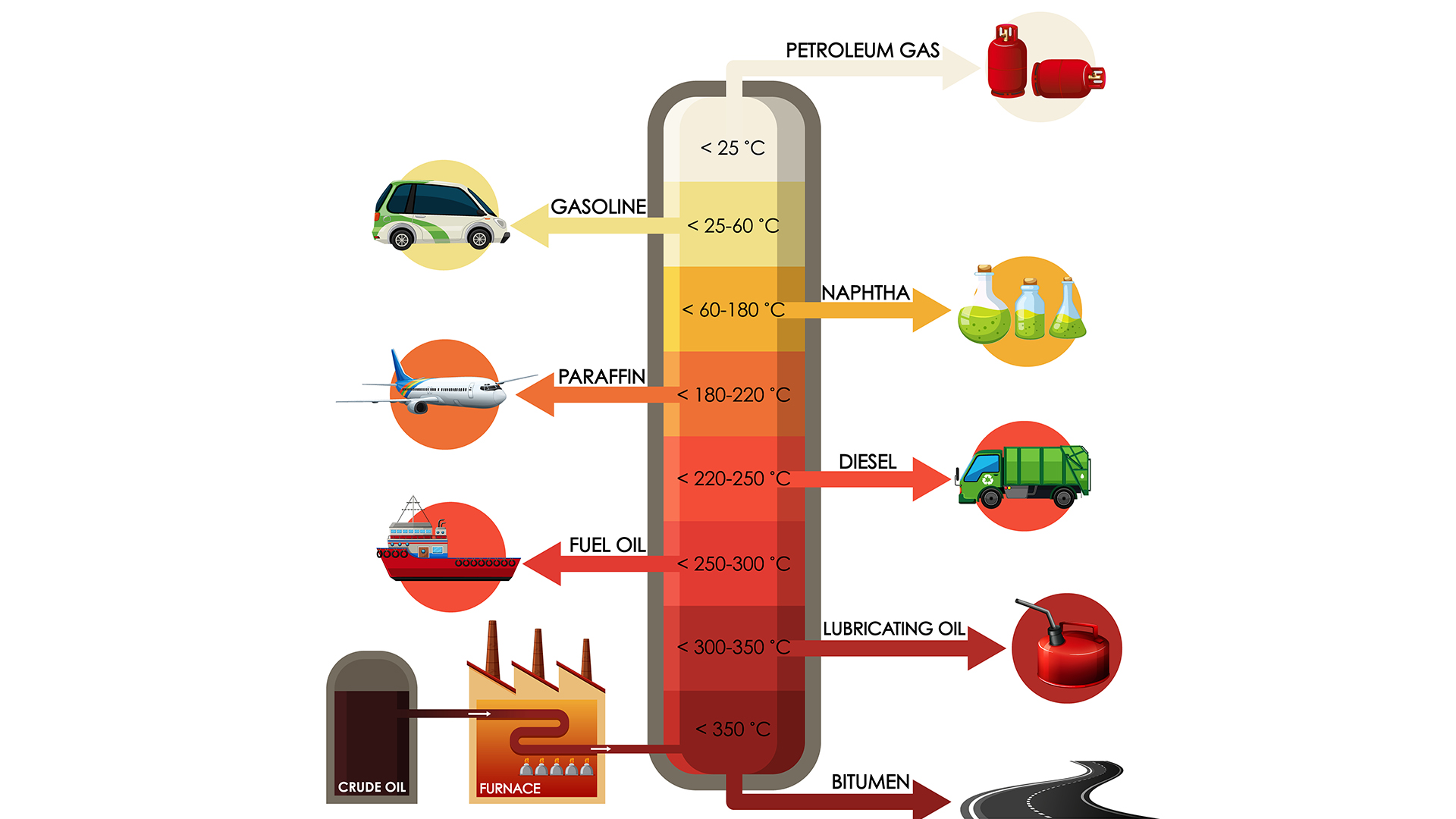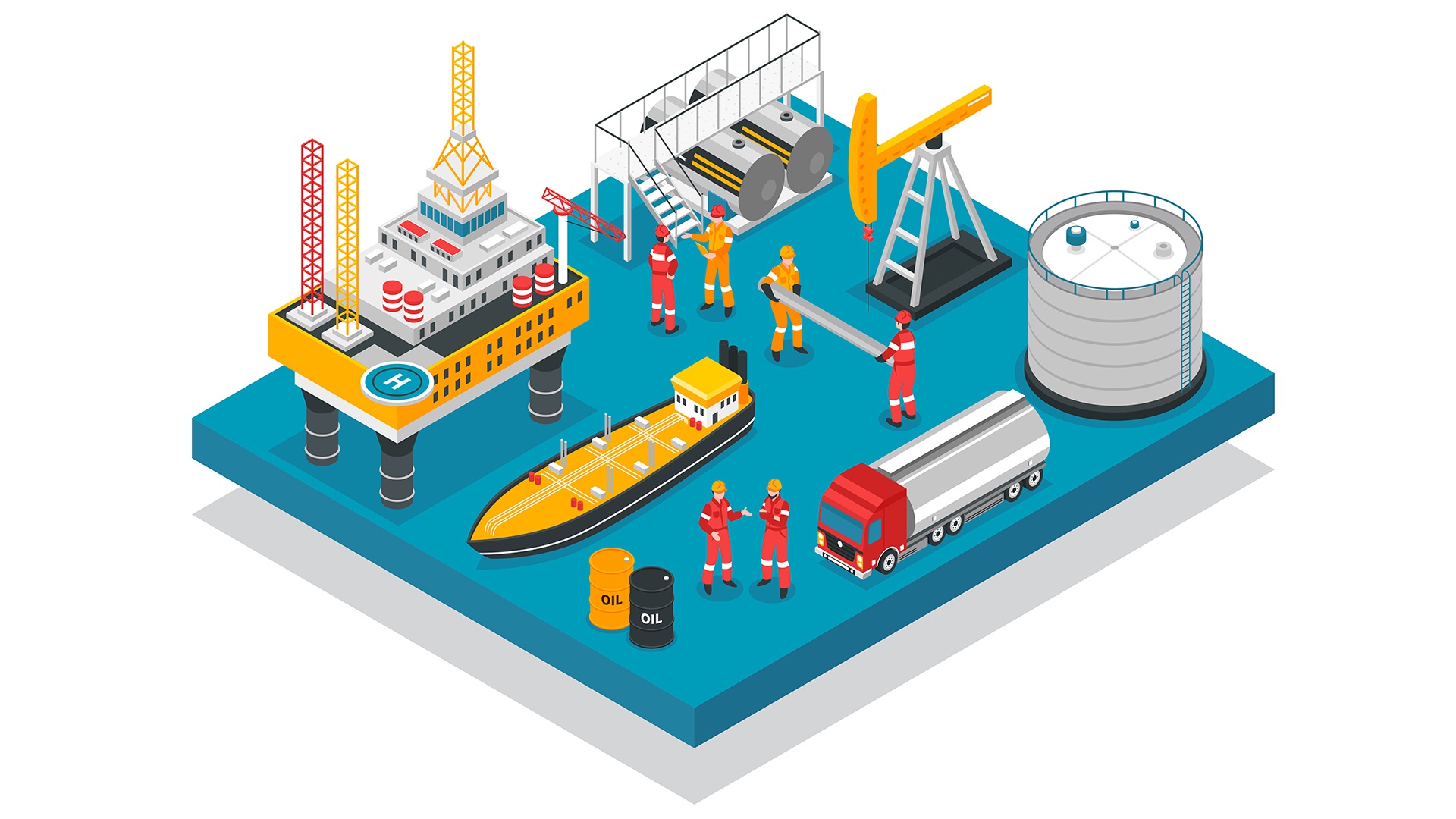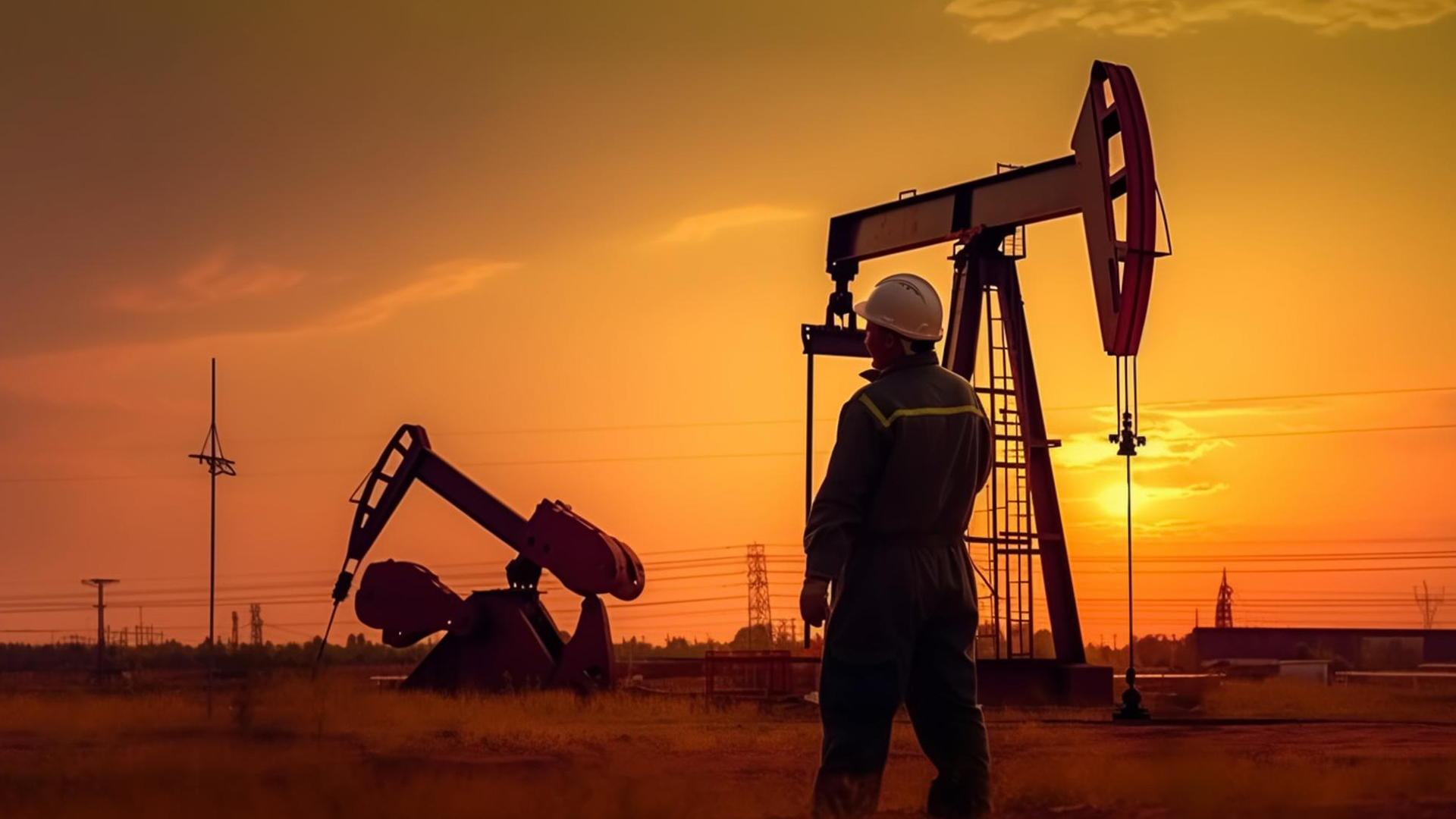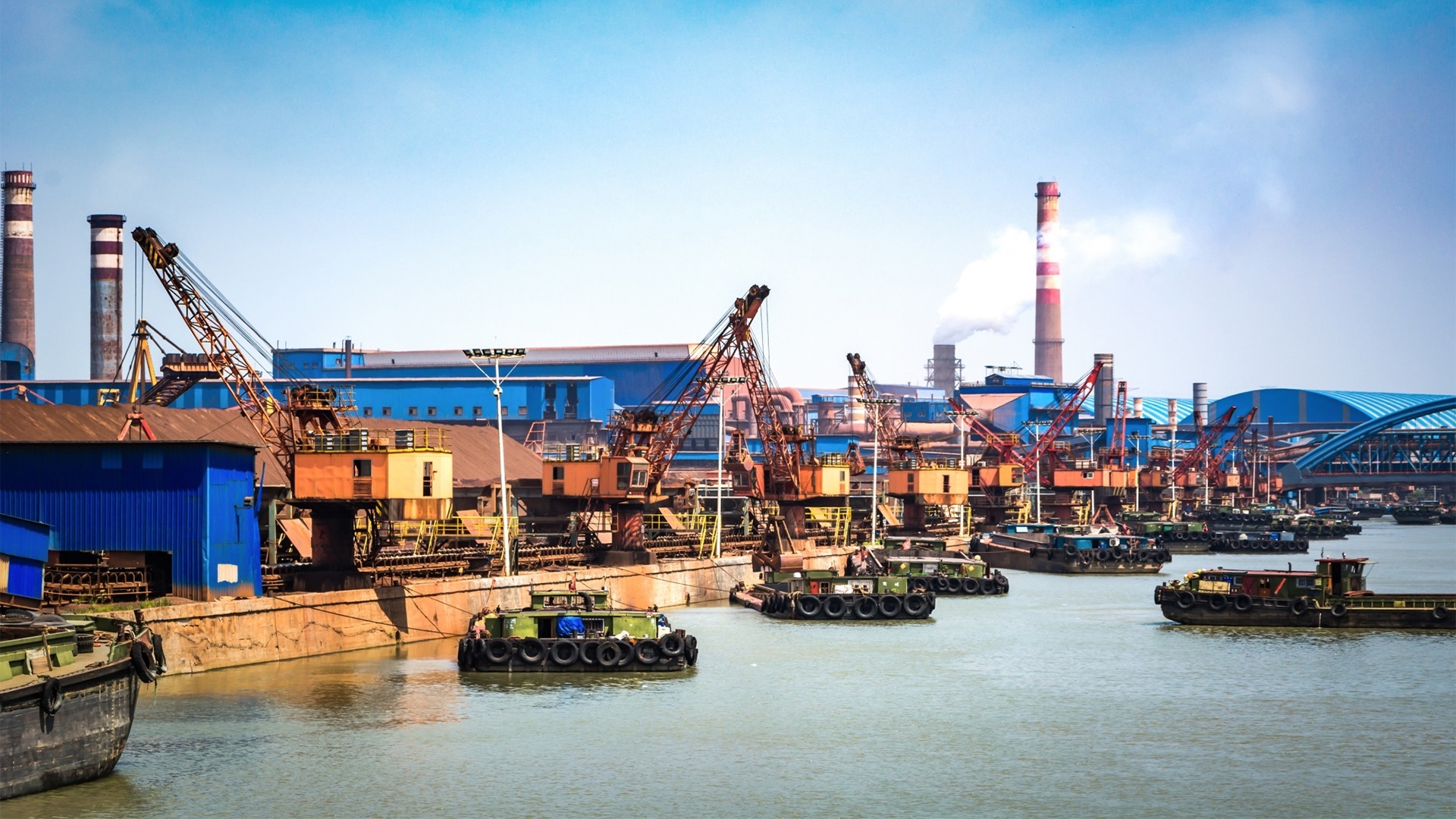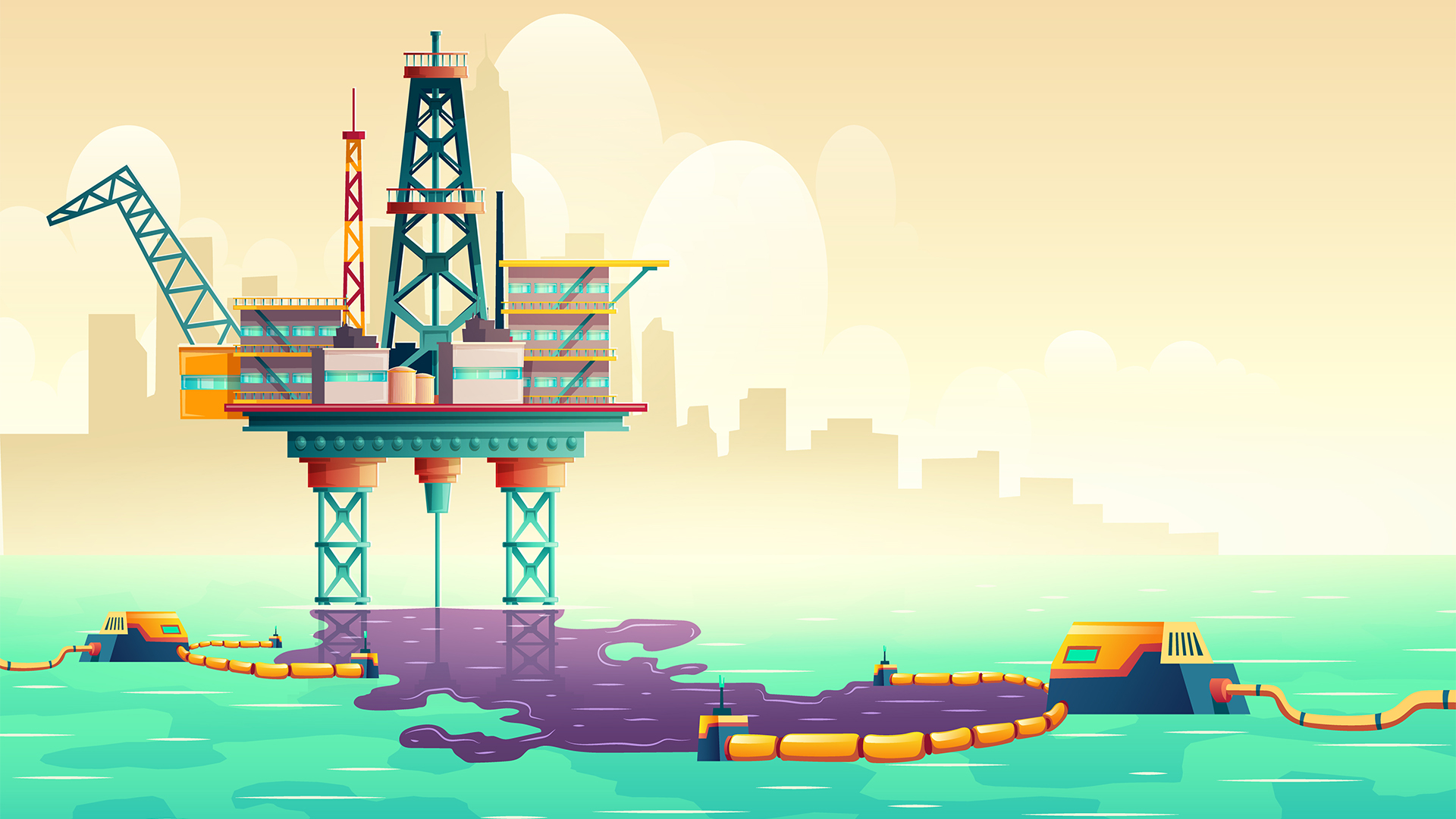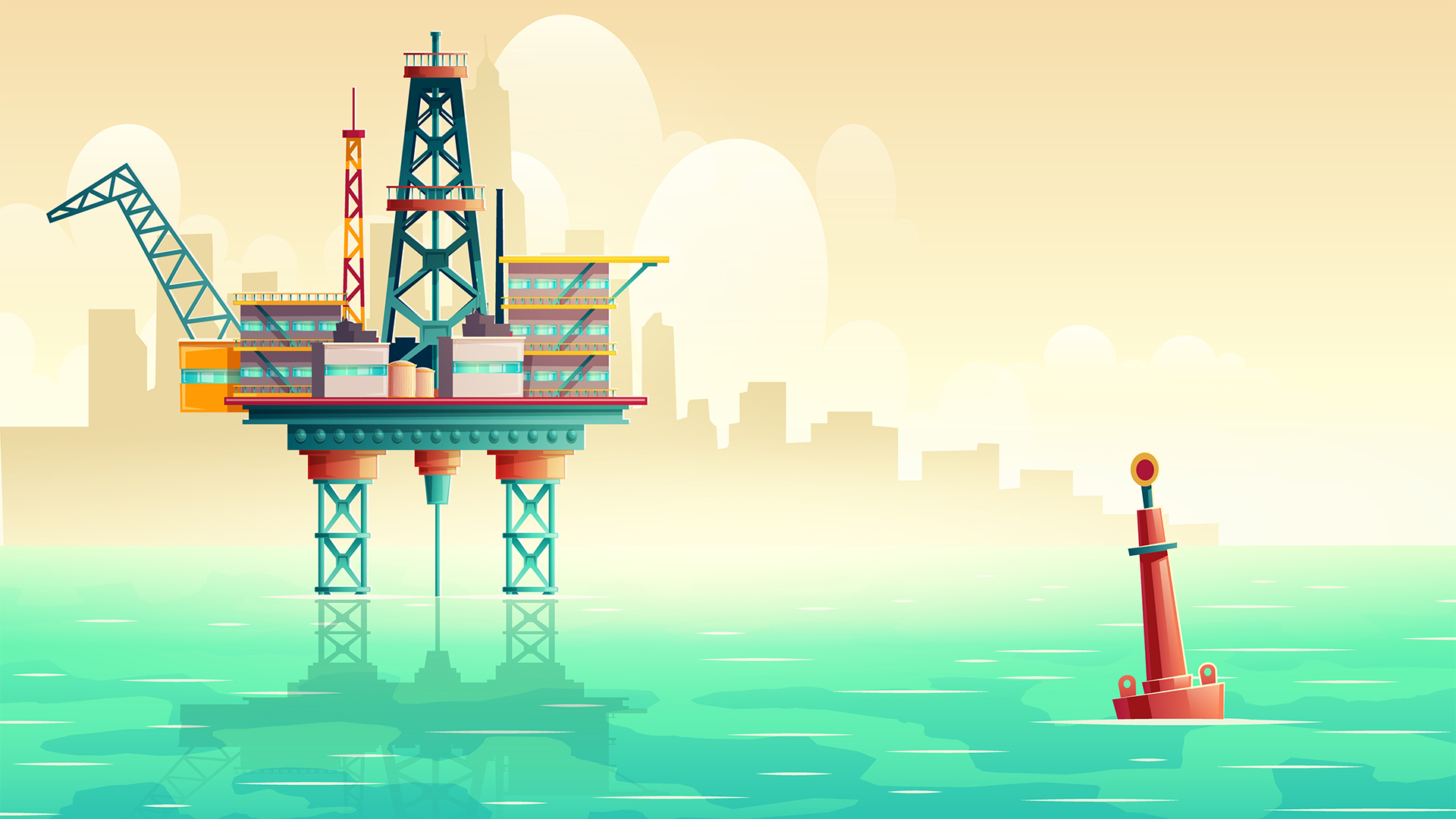
Command And Conquer: Oil And Gas Platform Supervision
Course overview
Participants in this training will learn how to create an efficient process and numerous supervisory operations techniques.
What does a supervisor work in an oil field?
Supervisors of oil and gas fields have a crucial role in preserving quality and safety. Supervisors are legally required to grasp the nature of their work and their responsibilities while on the job, and they have an even greater responsibility to do so.
The goal of “the oil and gas field supervisory program” is to provide participants with comprehensive knowledge and abilities that will help them carry out their responsibilities as supervisors. Effective cost and resource management, workplace human resources, and various risks will all be covered in this course. After finishing, participants will have gained an understanding of supervisory concepts as the infamous “gas sweetening” or acid gas removal, dehydration, the manufacture of liquid petroleum gas, HCDP (hydrocarbon dewpoint control), and the recovery and separation or fractionation of NGLs.
This course will cover phase separation, heat transfer, distillation, hydraulics, and useful problem-solving and troubleshooting abilities. This course will also cover pumps, separators, systems, and automated monitoring systems. Supervisors and other interested professionals can benefit from this course by learning how to lead effectively and make wise judgments, which will help them accomplish their responsibilities.
Introduction
Greetings and welcome to the Oil and Gas Field and Platform Supervisory Program. This comprehensive course is intended to provide you with the expertise you need to succeed in a demanding position in the oil and gas sector.
In the oil and gas industry, supervisory roles play a crucial role in guaranteeing the safe, effective, and accountable functioning of field and platform operations. The need for supervisors to manage people, resources, and safety while maximizing output is growing as the world’s energy needs continue to rise.
Participants will participate in case studies, interactive discussions, practical exercises, and lectures taught by professionals in the field during this program. In addition, you will have the chance to network with other industry experts and learn from practical projects that have influenced the oil and gas sector.
Participants will be well-equipped to take on the critical position of an oil and gas field and platform supervisor at the conclusion of this program, able to make wise decisions, improve operational effectiveness, and support the development of energy resources in a way that is both safe and sustainable.
We are The Training Bee, a global training and education firm providing services in many countries. We are specialized in capacity building and talent development solutions for individuals and organizations, with our highly customized programs and training sessions.
Learning Objectives
Upon completing Oil and Gas Field and Platform Supervisory Program, participants will be able to:
- Assign experts the requisite knowledge, abilities, and practical expertise in the relevant and essential facets of oil and gas field supervision.
- Assist the participants in comprehending the most recent advancements in technology, methodologies, and secure processing strategies for gas and oil
- Give the participants the essential skills they need to assume high-level responsibilities as excellent supervisors and leaders.
- Assist participants in acquiring relevant information and abilities for managing DCS, PLC, and SCADA systems
- Equip the undertakers with the necessary knowledge and abilities to recognize different kinds of pumps, separators, distillation equipment, and heat transfer appliances.
- Assist participants in comprehending and applying diverse techniques for VALID DIAGNOSTIC ACTIONS
Our Unique Training Methodology
This interactive course comprises the following training methods:
- Journaling – This consists of setting a timer and letting your thoughts flow, unedited and unscripted recording events, ideas, and thoughts over a while, related to the topic.
- Social learning – Information and expertise exchanged amongst peers via computer-based technologies and interactive conversations including Blogging, instant messaging, and forums for debate in groups.
- Project-based learning
- Mind mapping and brainstorming – A session will be carried out between participants to uncover unique ideas, thoughts, and opinions having a quality discussion.
- Interactive sessions – The course will use informative lectures to introduce key concepts and theories related to the topic.
- Presentations – Participants will be presented with multimedia tools such as videos and graphics to enhance learning. These will be delivered engagingly and interactively.
Training Medium
This Oil and Gas Field and Platform Supervisory Program training is designed in a way that it can be delivered face-to-face and virtually.
Course Duration
This training is versatile in its delivery. The training can be delivered as a full-fledged 40-hour training program or a 15- hours crash course covering 5 hours of content each day over 3 days
Pre-course Assessment
Before you enroll in this course all we wanted to know is your exact mindset and your way of thinking.
For that, we have designed this questionnaire attached below.
- In the oil and gas industry, what is the job of a field and platform supervisor and how is it different from other positions in the industry?
- Describe the primary parts and machinery that are usually located on an oil and gas production platform, along with their respective purposes.
- What are the most important safety factors to watch out for while managing field and platform operations, and how can these be handled to reduce hazards to both people and the environment?
- Describe the steps involved in producing oil and gas, from well drilling to transportation, and talk about the supervisor’s responsibilities at each level.
- What methods or instruments are often employed to track and improve performance, and how may production optimization and efficiency be attained on an oil and gas platform?
Course Modules
This Oil and Gas Field and Platform Supervisory Program covers the following topics for understanding the essentials of the Agile Workplace:
Module 1 – Overview and Terms Definition
- Definition and specifications of the instruments
- Production guidelines
- ESD apparatuses
- Types and designs of valves
- Layout and organization of equipment
Module 2 – Operations, Supervision, and Safety
- Concerns about safety in SIMOPS utilities
- Problems with transportation
- Observation of towers
Module 3 – Procedure Observation
- Systems for recirculating flares
- Observing
- Elimination
- Obtaining a vehicle
- Skills for resolving issues
- Crude oil cleaning in storage facilities
Module 4 – Services, Operations, and Monitoring
- Turbines, compressors, and gas hydrates
- Pumps centrifugal
- Counting
- Exchangers of heat
- Pumps with positive displacement
Module 5 – Monitoring Safety
- Monitoring work permits acquisition with the use of SCADA (Floating Production Storage and Offloading)
- Definition of goals
- Strong supervision abilities
- Individual performance and the variables that influence it
Module 6 – Process of Safety
- HSE laws, regulations, and guidelines
- Methods of system integration
- Facilities, both manned and unmanned
- Managing both manned and automated manufacturing plants
- Interpersonal abilities across several platforms
- Acquiring the ability to supervise well
Module 7 – Process Management
- An Overview of PLCs
- Setting up PLCs for online access and monitoring
- An Overview of DCS
- Setting up DCS
- Security issues
- Successful dialogue
Module 8 – Overseeing Production Environments
- Typical safety mindset
- Risk mitigation
- Lowering dangers
- Maintaining Control over the Storage Facilities
- Gas leak prevention
- Gas leak detection methods
Post-course Assessment
Participants need to complete an assessment post-course completion so our mentors will get to know their understanding of the course. A mentor will also have interrogative conversations with participants and provide valuable feedback.
- In the oil and gas sector, what are the main duties of a field and platform supervisor, and how are they different from those of other positions on the platform?
- Describe the essential parts and machinery that are usually located on an oil and gas production platform, along with an explanation of how each one works.
- When overseeing field and platform operations, how do you prioritize and put safety precautions in place to reduce hazards to people and the environment?
- Describe the many steps involved in producing oil and gas, from well drilling to transportation, and talk about the supervisor’s responsibilities at each level.
- What are the common methods or tactics used to monitor and improve performance on an oil and gas platform, and how can production efficiency be efficiently optimized and enhanced?
Lessons Learned
Leadership and Responsibilities: In the oil and gas sector, supervision plays a crucial role. It is critical to exercise effective leadership and take accountability for people, property, and safety.
Technical Proficiency: To ensure operational efficiency and make well-informed judgments, a thorough understanding of the equipment, procedures, and operations of oil and gas fields and platforms is essential.
Safety First: The first priority should always be safety. The integrity of the business, worker safety, and environmental protection must all be given top priority by supervisors.
Environmental Stewardship: Everyone bears some of the responsibility for sustainable behaviors and adherence to the environment. It is crucial to reduce the environmental impact of the sector and to align operations with environmental rules.
Regulatory Compliance: A key component of supervision is navigating the complicated regulatory environment. It is imperative that all rules and permissions be followed.
